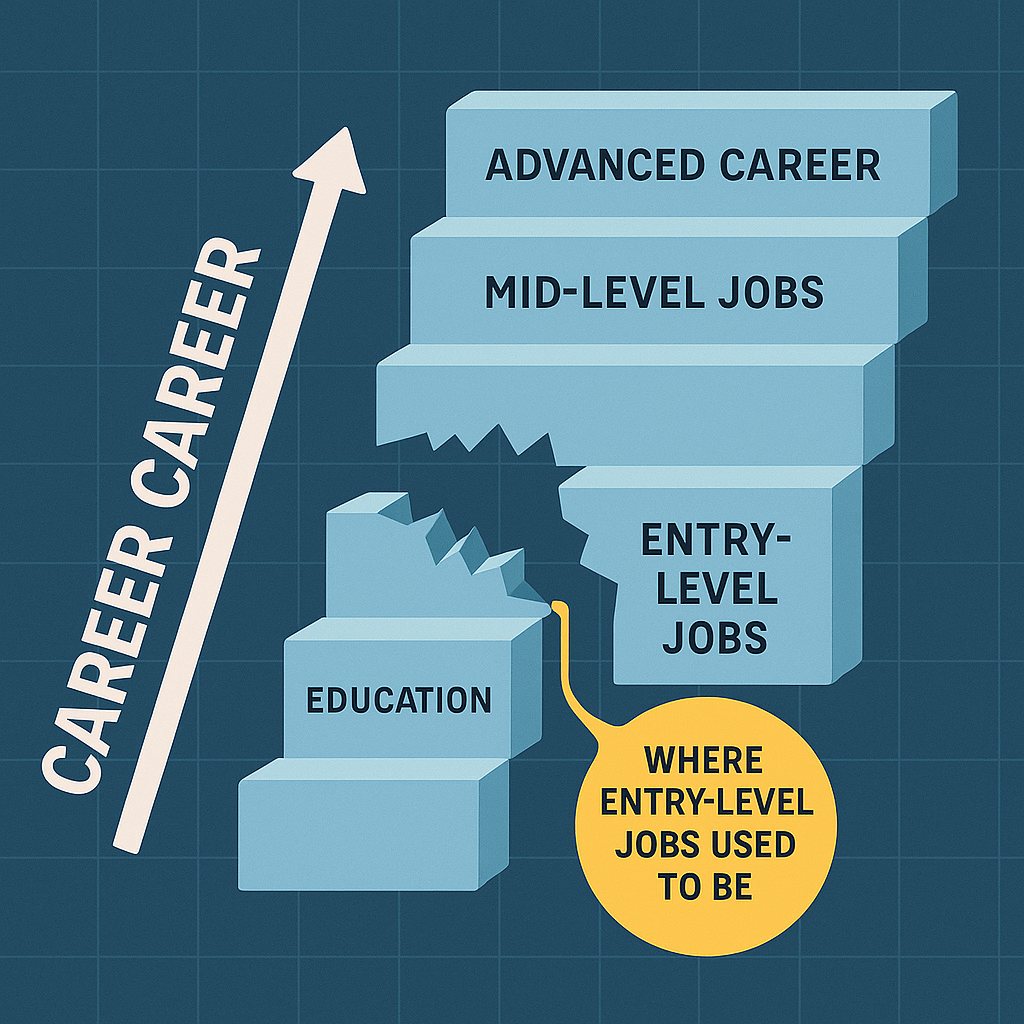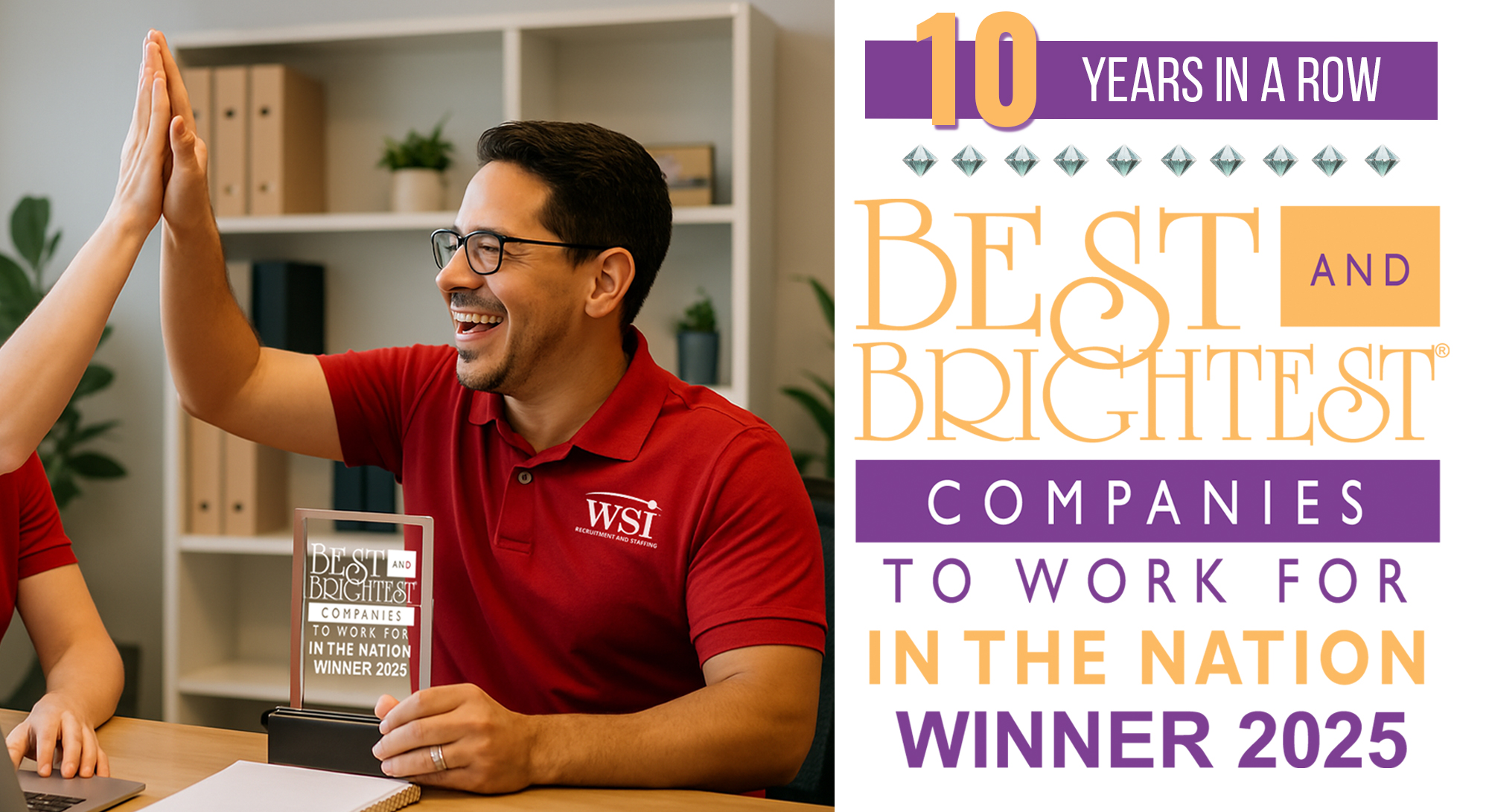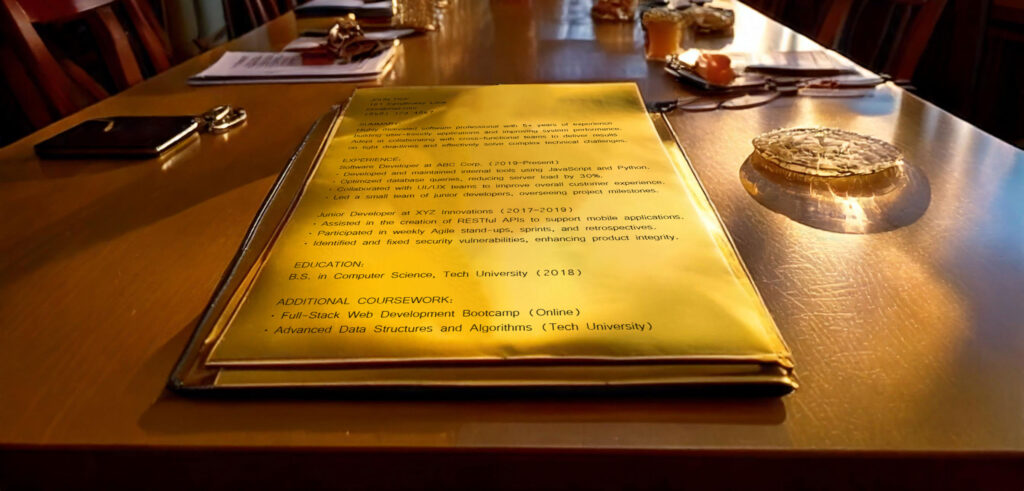Discover how Michigan employers tackle workforce hardship with living wages, flexible schedules, and emergency savings to boost retention and engagement.
Continue readingManufacturing’s New Problem: Entry-Level Jobs for Gen Z Workers are Going Away
Free Money Alert: $16M in State Grants Up for Grabs for Michigan Manufacturers
Going PRO Talent Fund: $16 Million to Power Michigan’s Manufacturing Comeback
Remember when “training” meant a two-minute safety video and someone’s cousin giving you a crash course on the forklift? Those days are as extinct as flip phones—thanks to Michigan’s Going PRO Talent Fund. In Fiscal Year 2025 Cycle 2, Governor Whitmer and the Michigan Department of Labor and Economic Opportunity (LEO) just dropped $16 million into the pockets of 297 businesses statewide to level up nearly 8,000 employees through real, industry-recognized training programs.
Why Manufacturing Leaders Should Care
If you’re running a large-scale manufacturing operation, you know your biggest asset isn’t your shiny robots or CNC machines—it’s your people. And right now, there’s never been a better time to tap into state grants that make training almost free. Here’s the skinny:
Scale and Diversity: Of those 297 businesses, 86% are small-to-mid-sized, proving that both Main Street fabricators and big OEM suppliers can play. And training spans a range of sectors—advanced manufacturing, food production, clean energy, even healthcare equipment.
Immediate ROI: Businesses will upskill 4,691 current employees and onboard 3,227 new hires (including 1,788 apprentices!). Workers typically pocket a 7.2% bump in their hourly wage post-training—so happier, more skilled staff and a healthier bottom line, anyone?
Apprenticeship Power: Michigan ranks 4th nationally for active registered apprenticeships, with over 22,000 participants across 850 programs. That’s a ready pipeline of talent who know your tools, processes, and—critically—your culture.
More Than Just Free Money
What separates a flash-in-the-pan grant from a real workforce strategy? Customization and sustainability. Going PRO grants are designed in partnership with local Michigan Works! agencies, so training isn’t a one-size-fits-all slide deck. It’s tailored classroom instruction, on-the-job coaching, or credentials that matter in your shop.
“We connect employers to funding that ensures Detroiters can walk the path to success,” says Dana Williams of Detroit Employment Solutions Corporation. The payoff? Reduced turnover, higher productivity, and a reputation as an employer that invests in people—critical when every plant manager is competing for the same handful of welders and machinists.
Big Picture: Building Michigan’s Middle Class
Since 2014, Going PRO has trained 225,000 workers and supported 7,400 businesses. But these aren’t just stats—they’re real people getting promoted from grunt work to skilled technician, from unsteady temps to registered apprentices with credentials that travel across industries. Governor Whitmer’s FY 2026 budget even recommends $54.8 million more, signaling that Lansing sees talent pipelines as essential infrastructure. The Michigan Going PRO Talent Fund opened up submissions in March and will remain open until funds are exhausted. Click here to learn more and apply for your business!

Action Steps for Manufacturing Execs
Audit Your Skills Gaps
Partner with your local Michigan Works! Service Center. Identify your biggest choke points—robotics programming? PLC troubleshooting? CNC maintenance?
Map Out Training Paths
Choose programs that align with your growth plans: short-term certificates for quick wins, apprenticeships for deeper skill sets.
Leverage the Grant
Apply for Cycle 3 (watch Michigan.gov/TalentFund for deadlines) and secure up to 75% of training costs covered.
Showcase Success
Promote your investment in people—both internally and externally. It’s a recruiting magnet and a PR win.
At the end of the day, free money is great—unless it just sits in an email inbox. By proactively designing training that matches your production needs, you’ll turn that $16 million into a ramped-up workforce, lower turnover, and a stronger Michigan manufacturing ecosystem.
These High-Paying Michigan Trades Are Desperate for Workers in 2025
ICE Is Watching: How Michigan’s New 2025 E-Verify Laws Could Spell Disaster for Noncompliant Employers
Gen X’s Secret Blueprint to Break Free from Full‑Time Work: Phased Retirement
Retirement today no longer means a sudden exit at age 65 with nothing on the calendar except golf. Many Gen Xers and younger Boomers view a hard stop as financially unwise and personally unfulfilling. Phased retirement offers an alternative path: a gradual reduction in work hours that combines continued earnings, ongoing benefits and meaningful engagement. This model provides a gentler transition for employees and helps employers retain critical skills.
Continue readingIt’s Official: WSI Earns This Award for The Tenth Time In a Row
“That’s What The Money Is For!” – Except it’s not.
Paychecks matter, but true employee appreciation goes beyond money. This Employee Appreciation Day, show your team they’re valued every day.
Continue reading















